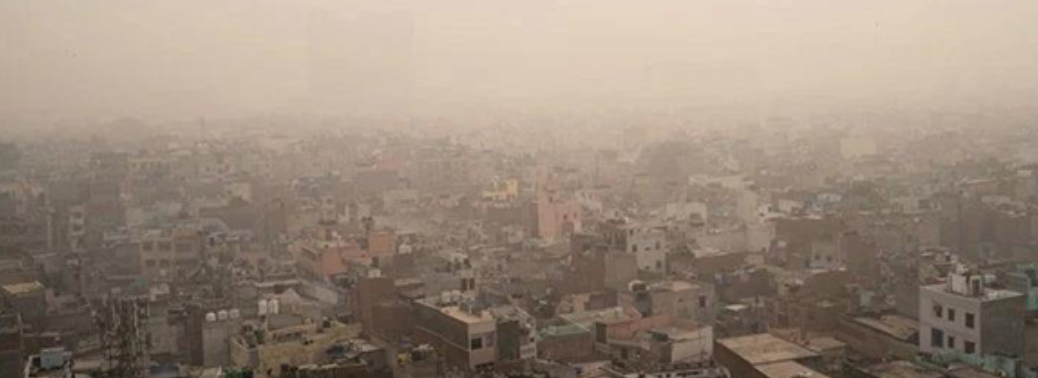GRADED RESPONSE ACTION PLAN
10, Oct 2019

Prelims level : Environment- Pollution & Waste Management
Mains level : GS-III- Conservation, Environmental Pollution and Degradation, Environmental Impact Assessment.
Why in News?
- Starting October 15, some stricter measures to fight air pollution will come into force in Delhi’s neighbourhood, as part of the Graded Response Action Plan (GRAP).
- As pollution rises, and it is expected to as winter approaches, more measures will come into play depending on the air quality.
Graded Response Action Plan (GRAP):
- In 2014, when a study by the WHO found that Delhi was the most polluted city in the world, panic spread in the Centre and the state government.
- Approved by the Supreme Court in 2016, the plan was formulated after several meetings that the Environment Pollution (Prevention and Control) Authority (EPCA) held with state government and experts.
- The result was a plan that institutionalized measures to be taken when air quality deteriorates.
- GRAP works only as an emergency measure.
- Three major policy decisions that can be credited to EPCA and GRAP are the closure of the thermal power plant at Badarpur, bringing BS-VI fuel to Delhi before the deadline set initially, and the ban on Pet coke as a fuel in Delhi NCR.
How it Works?
- As such, the plan does not include action by various state governments to be taken throughout the year to tackle industrial, vehicular and combustion emissions.
- When the air quality shifts from poor to very poor, the measures listed under both sections have to be followed since the plan is incremental in nature.
- If air quality reaches the severe+ stage, GRAP talks about shutting down schools and implementing the odd-even road-space rationing scheme.
- Severe+ or Emergency
- (PM 2.5 over 300 µg/cubic metre or PM10 over 500 µg/cu. m. for 48+ hours)
- Stop entry of trucks into Delhi (except essential commodities)
- Stop construction work
- Introduce odd/even scheme for private vehicles and minimise exemptions
- Task Force to decide any additional steps including shutting of schools
- Severe
- (PM 2.5 over 250 µg/cu. m. or PM10 over 430 µg/cu. m.)
- Close brick kilns, hot mix plants, stone crushers
- Maximise power generation from natural gas to reduce generation from coal
- Encourage public transport, with differential rates
- More frequent mechanized cleaning of road and sprinkling of water
- Very Poor
- (PM2.5 121-250 µg/cu. m. or PM10 351-430 µg/cu. m.)
- Stop use of diesel generator sets
- Enhance parking fee by 3-4 times
- Increase bus and Metro services
- Apartment owners to discourage burning fires in winter by providing electric heaters during winter
- Advisories to people with respiratory and cardiac conditions to restrict outdoor movement
- Moderate to poor
- (PM2.5 61-120 µg/cu. m. or PM10 101-350 µg/cu. m.)
- Heavy fines for garbage burning
- Close/enforce pollution control regulations in brick kilns and industries
- Mechanised sweeping on roads with heavy traffic and water sprinkling
- Strictly enforce ban on firecrackers
- Measures taken:
- One criticism of the EPCA as well as GRAP has been the focus on Delhi.
- While other states have managed to delay several measures, citing lack of resources, Delhi has always been the first one to have stringent measures enforced.
- In a recent meeting that discussed the ban on diesel generator sets, the point about Delhi doing all the heavy lifting was also raised.






